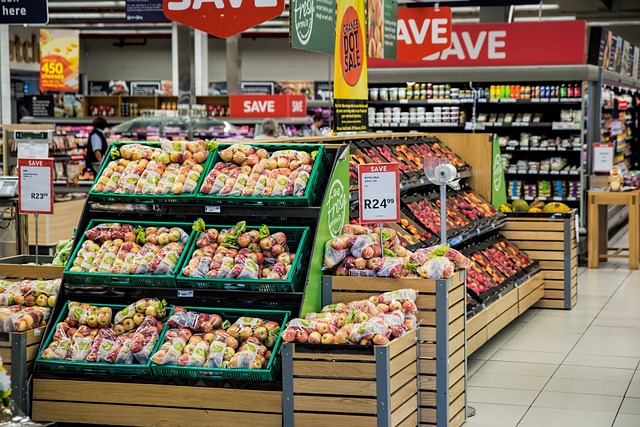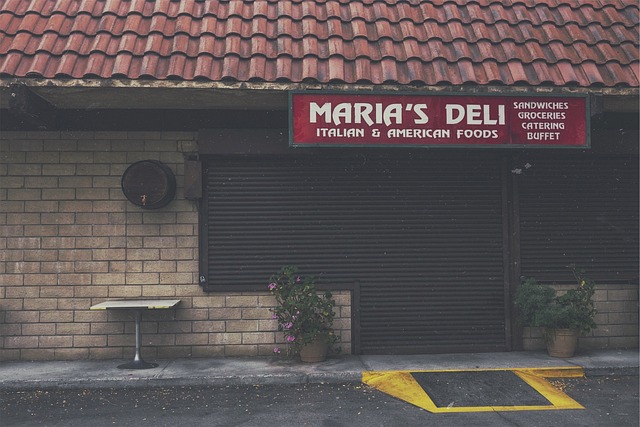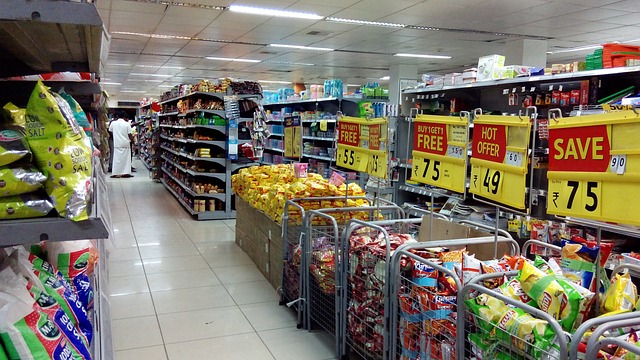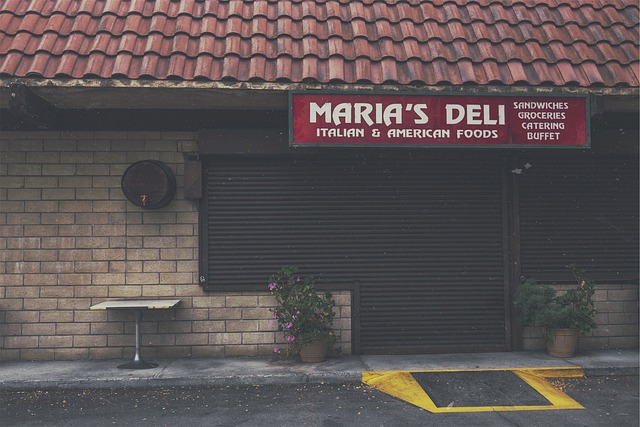Karachi, Pakistan's economic powerhouse, has witnessed a dramatic shift from traditional brick-and-mortar markets to a more digital, tech-driven approach in local product sourcing trends. E-commerce platforms have gained immense popularity, offering locals convenient online shopping for fashion, electronics, and groceries. This transformation reflects modern consumer preferences, blending the city's rich historical trade as a major port with a burgeoning digital landscape. Advanced data analytics and cloud-based systems streamline operations, enhancing transparency and precision in demand forecasting. Businesses must prioritize quality control through rigorous inspection processes, communication, and regular audits, while adopting sustainable practices to reduce their carbon footprint.
“Karachi, as Pakistan’s economic powerhouse, experiences dynamic shifts in local product sourcing. This article delves into the evolving trends shaping the city’s market dynamics. From the rise of technology in streamlining supply chains to navigating quality control challenges, we explore a case study unique to Karachi. Additionally, we uncover sustainable sourcing strategies essential for long-term growth. Understanding these trends is crucial for businesses aiming to thrive in Karachi’s ever-changing local product sourcing landscape.”
- Understanding Local Product Sourcing Trends in Karachi
- The Evolution of Market Dynamics: A Case Study of Karachi
- Technology's Role in Streamlining Supply Chains in Local Sources
- Navigating Challenges: Quality Control and Consistency in Sourcing
- Strategies for Sustainable Local Product Sourcing Practices
Understanding Local Product Sourcing Trends in Karachi

Karachi, as Pakistan’s economic hub, experiences dynamic shifts in local product sourcing trends. This coastal metropolis is a melting pot of diverse cultural influences and a bustling commercial center, making it an intriguing case study for understanding consumer behavior. Over the years, Karachi’s evolving landscape has witnessed a notable shift from traditional brick-and-mortar markets to a more digital and tech-driven approach. E-commerce platforms have gained immense popularity, offering locals a convenient way to source products, from fashion and electronics to grocery items. This trend reflects a modern consumer preference for online shopping, impacting traditional retail dynamics in the city.
The city’s rich history in trade and its status as a major port have long influenced local sourcing patterns. Karachi has traditionally been known for its vibrant markets, such as the famous Frere Hall and the bustling Juna Market, where locals would gather to source goods. However, with the advent of online marketplaces, there’s a noticeable change in these traditional sourcing routes. Today, consumers in Karachi are more inclined towards exploring digital platforms, which offer a vast array of products, competitive pricing, and the convenience of home delivery, revolutionizing how the city sources its local products.
The Evolution of Market Dynamics: A Case Study of Karachi

Karachi, Pakistan’s economic powerhouse and a bustling metropolis, has witnessed a remarkable evolution in its market dynamics over the past decade. This vibrant city, known for its diverse and dynamic economy, has seen significant shifts in local product sourcing, reflecting broader global trends. Traditionally, Karachi’s markets were characterized by a mix of local artisans and small-scale producers alongside international brands. However, the rise of e-commerce and changing consumer preferences have led to a transformative impact on this landscape.
The case study of Karachi illustrates how urbanization and increasing internet penetration have fueled a shift towards online shopping. Local retailers and businesses are now navigating a competitive digital market, where consumers can easily access products from around the globe. This has prompted many traditional market vendors to adapt or risk becoming obsolete. The result is an intriguing interplay between the old and the new, as Karachi’s local product sourcing scene evolves into a modern, dynamic hub that blends cultural heritage with contemporary trends.
Technology's Role in Streamlining Supply Chains in Local Sources

In today’s digital era, technology plays a pivotal role in revolutionizing local product sourcing and supply chain management, especially in metropolitan areas like Karachi. Advanced data analytics and cloud-based systems enable businesses to efficiently track and manage inventory, facilitating smoother operations. Real-time tracking of goods from source to store enhances transparency and allows for precise demand forecasting. This is particularly beneficial for local entrepreneurs who can now access comprehensive market insights, enabling them to make informed decisions regarding product sourcing and distribution networks.
Digital platforms streamline the entire process, from identifying reliable local suppliers to optimizing delivery routes. Karachi’s diverse business landscape benefits from these innovations as they foster a more robust and resilient local economy. By leveraging technology, businesses can navigate the complex web of supply chains with enhanced efficiency, ultimately improving customer satisfaction and driving sustainable growth in local product sourcing.
Navigating Challenges: Quality Control and Consistency in Sourcing

Navigating the local product sourcing landscape, especially in dynamic cities like Karachi, presents unique challenges. One of the primary hurdles is maintaining quality control and ensuring consistency across various suppliers. With a vast network of vendors, keeping track of product standards can be intricate. Businesses must implement rigorous inspection processes to verify the quality of goods, adhering to specific criteria for each category. This involves meticulous evaluation at every stage, from raw material procurement to finished product packaging.
To overcome these challenges, effective communication and regular audits are vital. Establishing clear guidelines and expectations with suppliers fosters a collaborative environment. Moreover, digital tools and platforms can streamline the quality control process, enabling efficient monitoring and documentation. By integrating technology and maintaining open lines of communication, businesses in Karachi can effectively tackle quality concerns and ensure a reliable supply chain for their local product sourcing endeavors.
Strategies for Sustainable Local Product Sourcing Practices

In Karachi, tracking shifts in local product sourcing requires a multi-faceted approach, integrating environmental and economic considerations. Businesses can embrace sustainable practices by prioritizing locally sourced products that minimize transportation emissions and support regional economies. Collaborating with nearby farmers’ markets and cooperatives ensures a steady supply of fresh, seasonal produce, while also fostering stronger community ties.
Implementing circular economy principles further enhances sustainability. This includes promoting recycling and upcycling initiatives to reduce waste, as well as encouraging product refurbishment and repair programs. By adopting these strategies, Karachi can move towards a greener future where local sourcing not only benefits businesses but also contributes to a more resilient and ecologically conscious community.
The tracking of local product sourcing trends in Karachi reveals dynamic shifts shaped by evolving market dynamics, technological advancements, and sustainability concerns. As seen in our case study, understanding these changes is crucial for businesses navigating complex supply chains. Embracing technology streamlines operations while ensuring quality control and consistency. Ultimately, adopting sustainable practices not only benefits the environment but also strengthens the local economy, fostering a more resilient and prosperous future for Karachi’s bustling marketplace.
